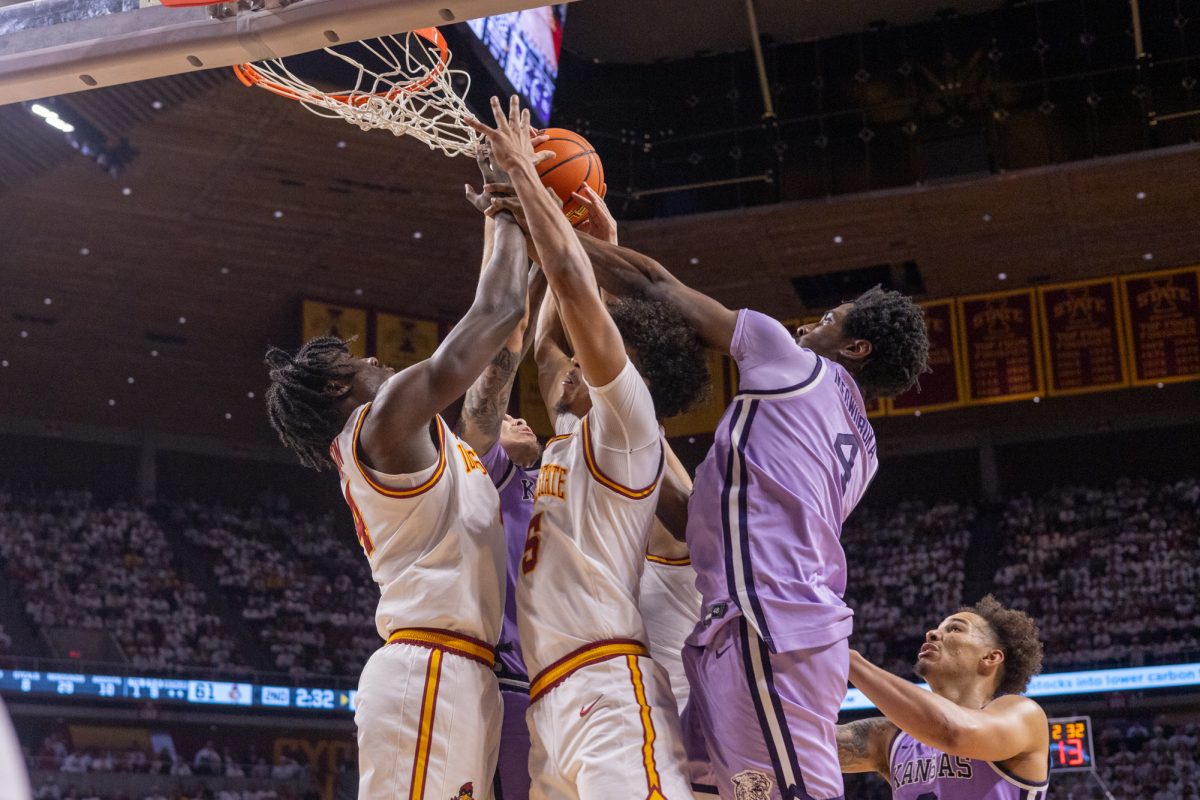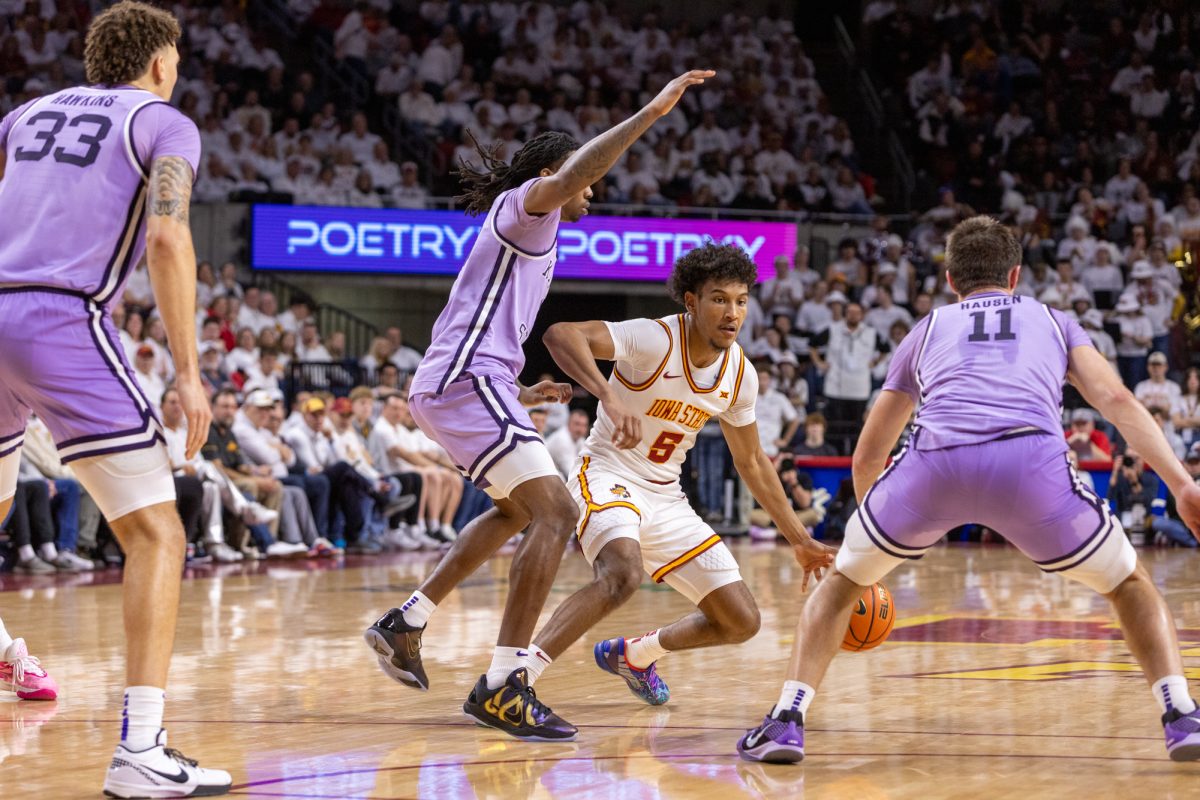ISU receives two coal grants
June 14, 1999
The U.S. Department of Energy recently awarded Iowa State two University Coal Research grants. The purpose of these grants is to find ways to improve hot gas clean-up.
Robert Brown, director of the ISU Center for Sustainable Environmental Technologies, said hot gas clean-up is the process of removing contaminants.
“When natural gas is burned, it yields ‘clean gas,’ but when coal is burned, residues of sulfur, nitrogen and mercury are left behind,” he said.
The U.S. Department of Energy wants to remove the contaminants from the coal, Brown said.
According to a press release, ISU hopes to aid the department in achieving this goal.
Fifty-one grant proposals were submitted by various universities. The proposals were judged by a panel of 36 university, industrial and government coal experts. Seventeen proposals were selected, and the universities will be awarded the grants in July.
ISU was the only university to be awarded two grants. Both grants will be in effect for three years.
According to a press release, both grants will deal with hot gas contaminants and particulate removal techniques — areas where improvement is needed because current practices limit a plant’s efficiency.
The two projects each received $400,000 and will be conducted by five faculty members. The faculty will be from the departments of material science and engineering, chemical engineering and mechanical engineering. Approximately four graduate students and three undergraduate students will be working with the faculty, Brown said.
“Our mission is to train students in coal-based technologies. Having graduate and undergraduate students working is very important,” he said.
The co-principal investigators for the first project are Brown and Gerald Colver, professor of mechanical engineering.
Brown is optimistic about the success of the project and hopes to begin publishing information in two years.
The second project will be headed by Thomas Wheelock, professor of chemical engineering, L. K. Doraiswamy, professor of chemical engineering, and Kristen Constant, associate professor of material science and engineering.
“There are two important issues that are both environmental,” Constant said. “The primary issue is that, obviously, we need to clean gas, or it would emit sulfur into the atmosphere. Sulfur can be captured and, ideally, reused. The secondary reason is to make a sorbent that makes [coal] plants work more efficiently, cuts cost and reduce environmental effects.”
This will be the second grant ISU has been working on in this area. The previous grant was awarded three years ago this fall. The work from the first grant “shows that indeed you can make sorbents work better,” said Constant.






